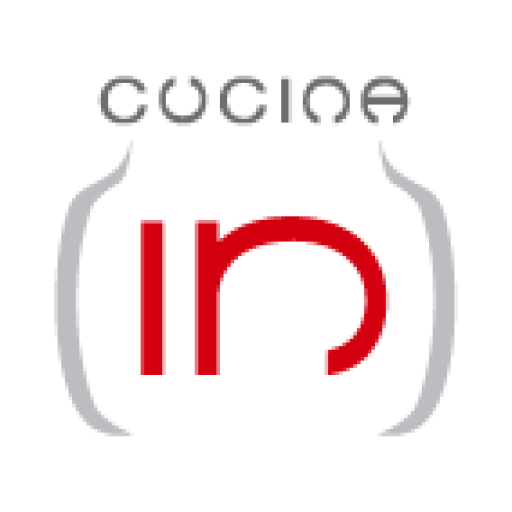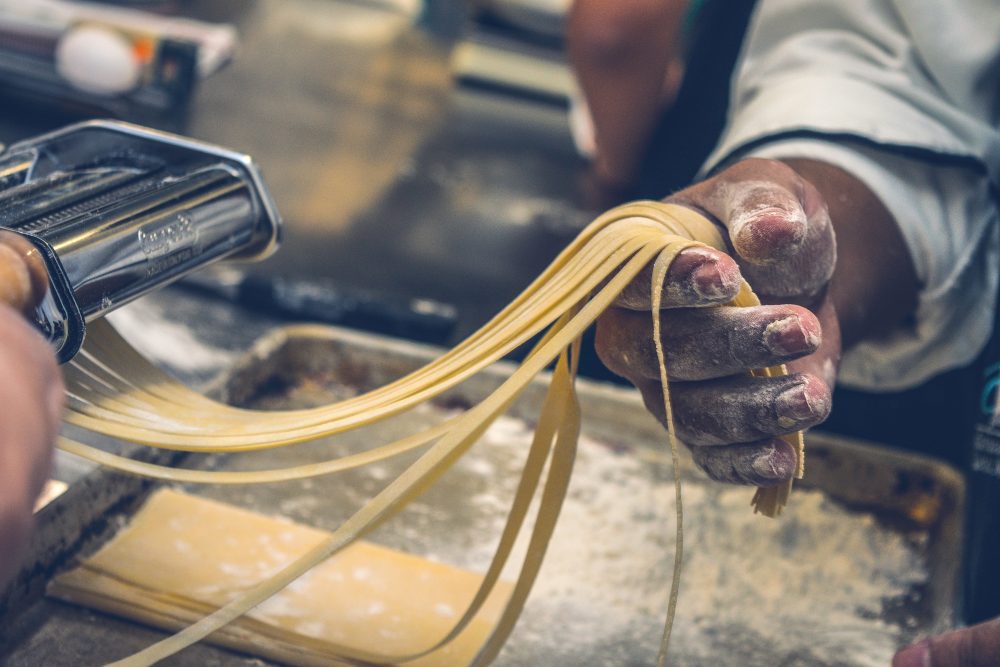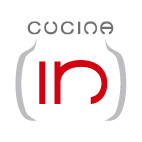Espressioni come “fare è meglio di guardare” oppure “la pratica vale più della grammatica” sono molto comuni e hanno origini antiche, tali da farle diventare dei veri e propri proverbi popolari.
L’apprendimento avviene in molti modi:
- Ascolto;
- Visione;
- Esercizio pratico.
Gli attori di questo scenario sono sempre e solo due: il Maestro e l’allievo.
Ognuno è tenuto a svolgere al meglio il proprio ruolo in modo da stabilire un rapporto che li ponga adatti l’uno a trasmettere e condividere, e l’altro ad apprendere e a farne tesoro.
Per esperienza personale so che la molla che fa fare miracoli in questo processo sono la curiosità di chi vuole apprendere e la propensione alla condivisione da parte del Maestro.
Alcuni prediligono, nel campo dell’insegnamento, un approccio indiretto quasi schivo. Parlano molto, mostrano poco, cucinano quasi esclusivamente in prima persona e all’allievo rimane davvero poco spazio di manovra: poca manualità, poche occasioni per cimentarsi, rimanendo con molti dubbi e insicurezze.
Io sono dell’opinione che un corso di cucina debba essere per forza realizzato più dagli allievi che dal Maestro al quale spetta il compito di stimolare la curiosità degli allievi:
- dirigendo e spiegando;
- facendo esempi;
- mostrando;
- rispondendo alle più svariate domande;
- facendoli interagire.
Un corso di cucina è un momento in cui ci si cimenta in un’esperienza e ognuna è, per sua natura, un evento esperienziale ma anche multisensoriale.
Tutti i sensi coinvolti in un’esperienza culinaria attiva vengono altamente stimolati e il ricordo di questa emozione rimane a lungo, viene ricordata e catalogata come positiva, come emozione buona.
Durante i nostri corsi a Cucina In avviene tutto questo e ogni allievo, mettendo le mani in pasta, è di fatto il protagonista e non avrà il timore di sbagliare perché l’errore è il necessario gradino per salire la scalinata dell’esperienza.


